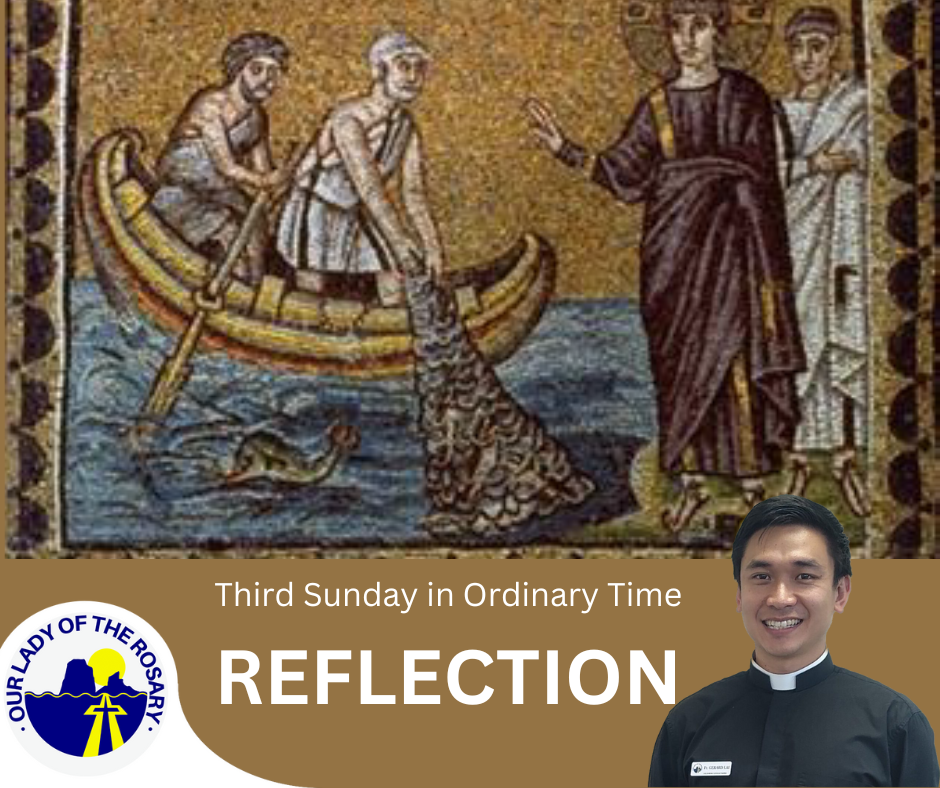Take Your Mark, Get Set… Gospel!
The Church rotates through three cycles of readings over the course of three years. ‘Year A’ is Matthew; ‘Year B’ is Mark; and ‘Year C’ is Luke. The Gospel of John is read every year and is scattered throughout the 52 weeks, most notably during Lent and Easter. Each of the Gospel writers was writing to a unique audience and therefore had distinct motifs to highlight and different portrayal of Jesus to emphasise.
Of all the Gospels, Mark’s portrayal of the disciples is the most severe. The overall literary theme throughout Mark’s Gospel is ‘Jesus the suffering Messiah’. Jesus is constantly seen getting frustrated at his disciples for being so dim-witted and having to explain everything to them. The Twelve are often portrayed as foolish and slow in their lack of understanding of in the parable of the sower (Mk 4:10-13), the parable of the yeast (Mk 8:16-18) and their lack of faith in the calming of the storm (Mk 4:35-41). Failure to see Jesus’ true intentions enables the audience to see their own failures in the shortcomings of the disciples while highlighting Jesus’ faithfulness and love. Despite Mark emphasing the continued failure of the disciples, he nevertheless portrays a Saviour who still loves them and calls them to faithfulness. Similarly, he calls us, the audience, to love and faithfulness in times of adversity and failure.
In today’s Gospel, we find ourselves at the very beginning of Jesus’ public ministry where He calls some fishermen Simon, Andrew, James and John, to follow Him, which they promptly do (Mk 1:16-20). Mark’s Gospel begins with the beginning of Jesus’ public ministry indicating a sense of urgency in the mission (Mk 1:14); an urgency to omit secondary details and proclaim the Good News to his immediate audience. This was very likely because Mark’s audience was living in Rome and Christians were under imminent persecution and thus urged to spread the Good News quickly and discretely, as death and oppression was approaching.
Jesus challenges traditional stereotypes by calling his disciples. This was unheard of at that time as rabbinic students always sought out their teachers. It was the student who asked to follow the teacher not the other way around. Yet, amidst the call of a stranger, they recognised it as a call from God. Discipleship is prioritised as the first story in Mark’s Gospel because discipleship is so fundamental, without it there is no Good News, no evangelisation (sharing of the Good News), and no Church.
For us, discipleship means when we encounter Jesus in our lives, (and no doubt we have) something happens. We are confronted with a choice: to continue life as usual or to follow Jesus, eg. the story of Zacchaeus the tax collector (Lk 19:1-10) or even today’s calling of the fishermen. We do not know exactly what they said but we do know that after their encounter with Jesus, they were transformed.
Jesus called fishermen who were ordinary people living ordinary lives. What does this mean today? It could suggest that all are called to follow Christ, no matter what our situation in life. Just like Peter, Andrew, James and John, we are called to be disciples of Christ and follow His teachings – and then invite others to do the same from within the ordinariness of our everyday lives.
Disciple well
Fr Gerard

